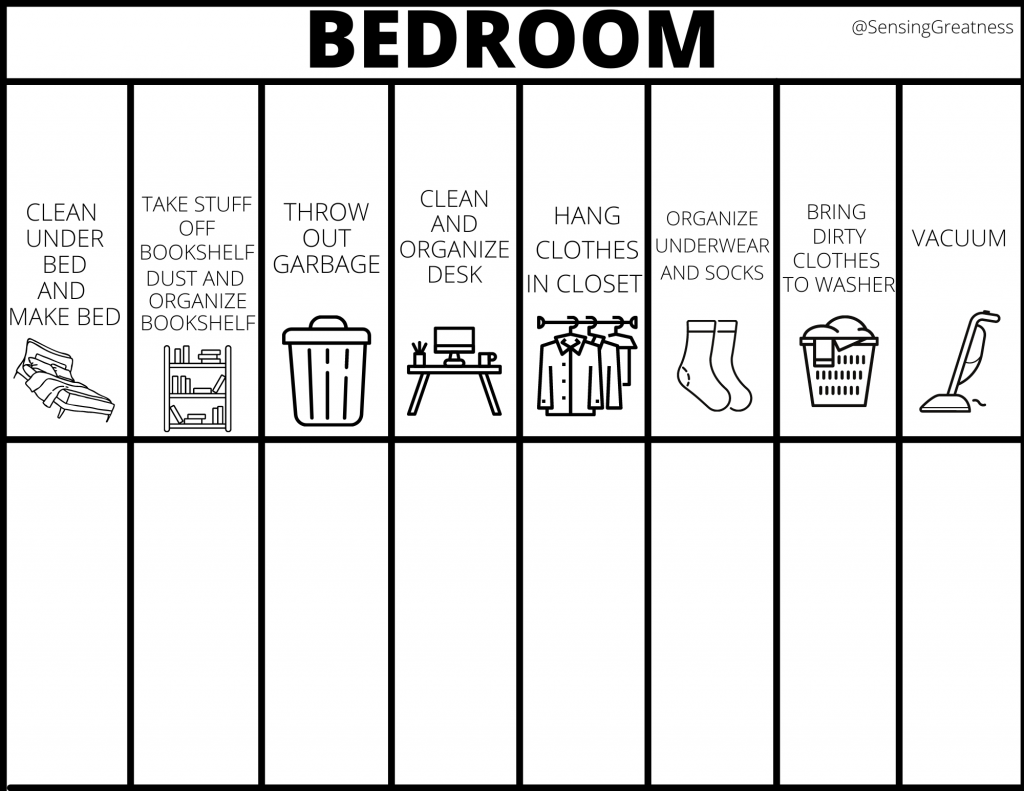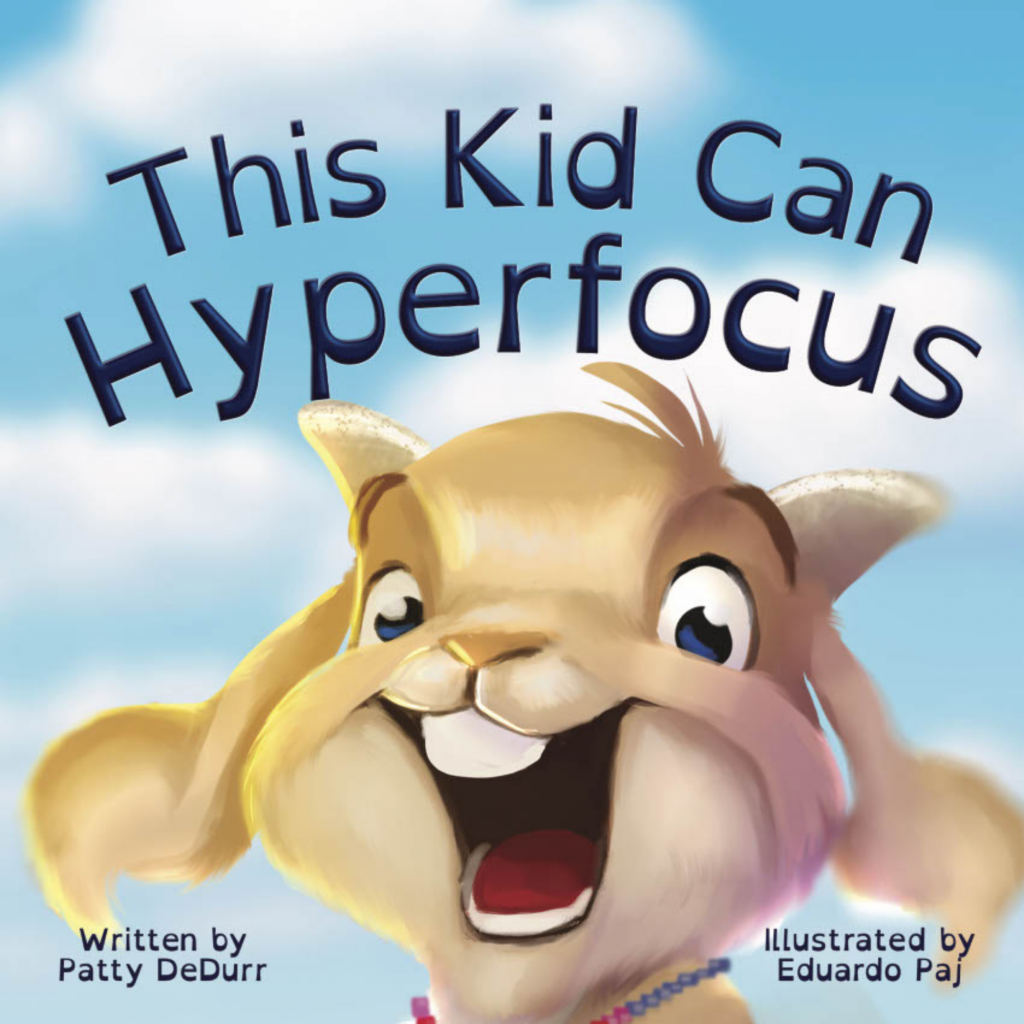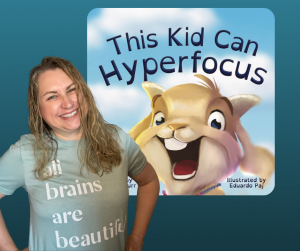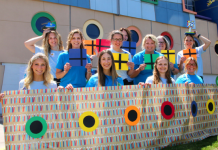October is ADHD (attention deficit hyperactivity disorder) awareness month. While individuals who are diagnosed with ADHD have it for their entire life, the characteristics and traits of ADHD can change over time. As an example, if a child has the ADHD characteristic trait of hyperactivity, this does not mean they will have that same trait as an adult.
I wanted to share my own ADHD journey with others to help spread awareness. Twenty years ago sitting in the doctor’s office receiving my ADHD diagnosis seems like a lifetime ago. I received little to no information about what having ADHD looked like or what I should do, other than taking medication. I didn’t do much research about what my other next steps would be. Truthfully at that time, there was not a lot of information or even studies that were readily available to read.
Years later my oldest received his ADHD diagnosis (along with other diagnoses). This prompted me to start researching more about ADHD and how it can affect your daily life.
Executive Function Skills
I didn’t realize just how much ADHD can have an impact on all your daily life including all of your Executive Function skills. These are a group of skills used to help manage your daily activities as well as work and schooling.
Most of the tasks associated with Executive Function are located in the prefrontal cortex part of your brain. Research has shown that individuals with ADHD may have a 1-3 year delay in the development of their prefrontal cortex.
Examples of Executive Function Skills
Working Memory – Having a hard time remembering dates or misplacing items
Emotional Regulation – Difficulty coping with emotional control
Time Management – Late to events or difficulty making deadlines
Self Monitoring – Difficulty keeping up with self-care tasks
Cognitive Flexibility – Difficulty adapting to change in daily activities or routine
Impulse Control – Blurting out before thinking or not waiting your turn when talking
Task Initiation – Procrastinating and trying to catch up on stuff
Organization – Cluttered personal spaces like desks and purses
Ways to Improve Executive Function Skills
Working Memory – Write down everything with alerts on your calendar app
Emotional Regulation – Journaling or meditation
Time Management – Use visual reminders like a color-coding alarm clock timer
Self Monitoring – Body doubling can help individuals with tasks such as self-care. This is when someone is with the individual, either on a phone, app, or in real life as the individual completes a daily self-care task. Think about how a parent is with the child initially as they learn to brush their teeth or get ready for the day.
Cognitive Flexibility – Allow yourself a few minutes to breathe or learn about the new activity
Impulse Control – Play board games that work on waiting your turn
Task Initiation – Write down everything that needs to be done at the beginning of the week so you see it all in one place to help break down each task by importance. If the whole week is overwhelming just focus on a day or two.
Organization – Break down tasks to help with organization like in the bedroom chart, below. You can also add velcro or magnets to the chart to help make it multi-sensory and close each tab.
 Once individuals with ADHD work more on their Executive Function skills they may start to notice an improvement in their quality of life and even their ability to complete tasks. For school-aged children, there is a large Executive Function accommodation list here to help parents and teachers find solutions to allow children to be as independent as possible while working on these skills.
Once individuals with ADHD work more on their Executive Function skills they may start to notice an improvement in their quality of life and even their ability to complete tasks. For school-aged children, there is a large Executive Function accommodation list here to help parents and teachers find solutions to allow children to be as independent as possible while working on these skills.
I wrote a children’s book about a goat with ADHD to help reduce the stigma of ADHD and increase representation in literature. A portion of all book sales is being donated to the Iowa Farm Sanctuary. Order the book here.
 Disclaimer: It is always best to reach out to your doctor about the next steps for yourself or a loved one for an official diagnosis.
Disclaimer: It is always best to reach out to your doctor about the next steps for yourself or a loved one for an official diagnosis.
 Patty DeDurr is a local mom, healthcare worker, and author. She provides educational information and resources for individuals looking for guidance on an engaging platform. She is the founder of Sensing Greatness, which has a neurodivergent platform.
Patty DeDurr is a local mom, healthcare worker, and author. She provides educational information and resources for individuals looking for guidance on an engaging platform. She is the founder of Sensing Greatness, which has a neurodivergent platform.

















